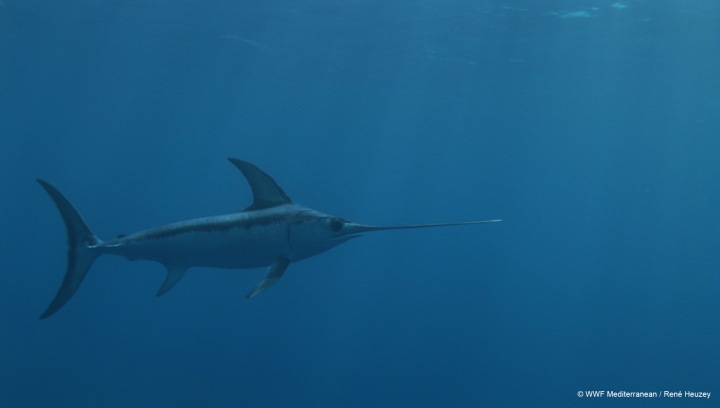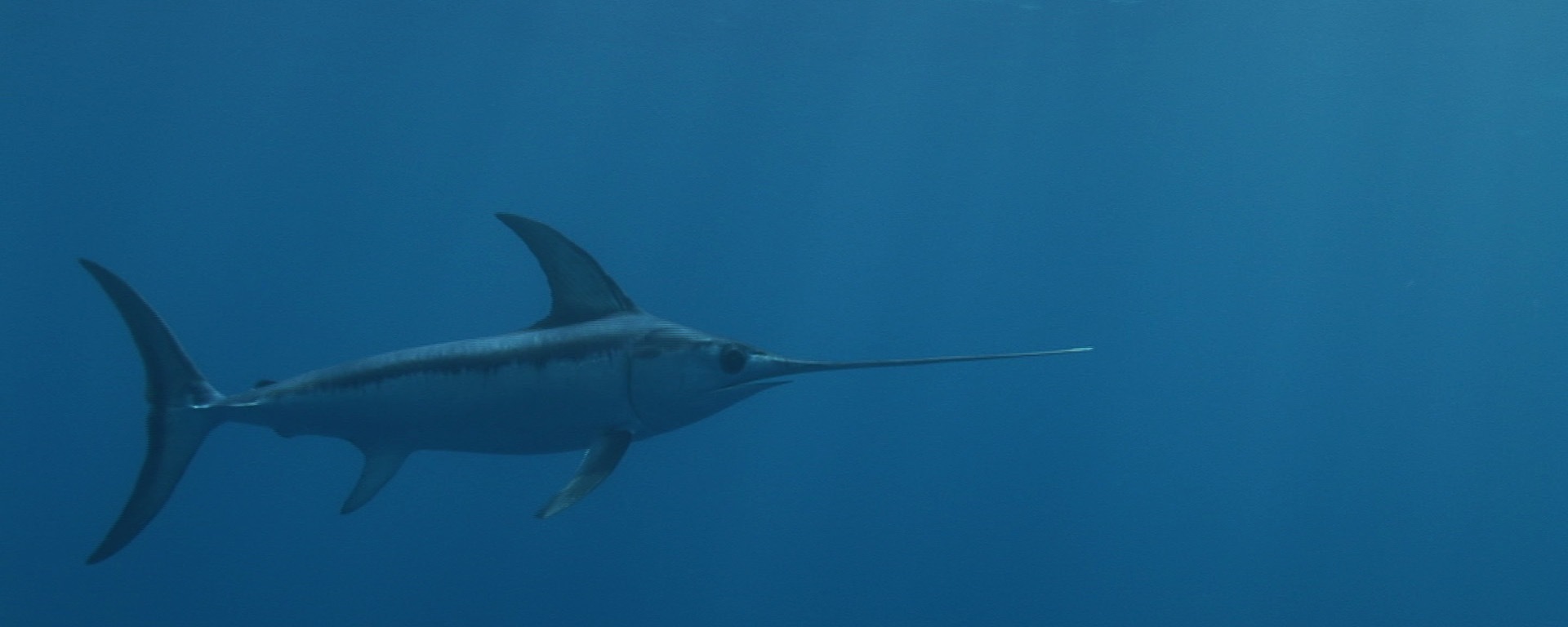Rome – As the 20th Special Meeting of the International Commission for the Conservation of Atlantic Tunas (ICCAT) closed on Nov 21 in Vilamoura, Portugal, WWF welcomes the efforts made by contracting parties to agree on a recovery plan to improve the state of the Mediterranean swordfish over the next 15 years.
With stocks of the iconic species being overfished for 30 years, the move is an essential first step but much remains to be done.
“The establishment of a recovery plan that includes catch limits, including the reduction of the catches by 15 per cent in 5 years, temporal closures and other technical measures on fishing gear to reduce the impact on juveniles, is a step in the right direction. In the long term, the recovery plan should help secure the future of the swordfish fishery and the communities in the region that depend on it,” said Giuseppe Di Carlo, Director of WWF’s Mediterranean Marine Initiative.
Following a proposal tabled by the European Commission, ICCAT contracting parties agreed on a catch limit set at 10,500 tonnes in 2017 and a gradual reduction by 15 per cent in 5 years, from 10,185 tonnes in 2018 to 8,925 tonnes in 2022.
Earlier this year, the ICCAT scientific committee (SCRS) had recommended an immediate substantial reduction in Mediterranean swordfish catches which include up to 70 per cent of juveniles.
“Concerns remain for Mediterranean swordfish. The quota agreed by ICCAT for 2017 will be higher than the catches reported in 2015, when the species was already highly overfished. It is now crucial that ICCAT’s contracting parties fully implement control, monitoring and traceability measures and cooperate with scientists to conduct a robust stock assessment and ensure a new definition of the minimum size to protect juveniles”, added Di Carlo.
With the closing of the ICCAT meeting coinciding with World Fisheries Day, WWF also acknowledges the progress made on other critical species such as the Eastern Atlantic and Mediterranean bluefin tuna, whose recovery plans will remain almost unchanged until next year’s full stock assessment in line with scientific advice.
Simultaneously, the new management schemes laid out for North Atlantic albacore which include the definition of Harvest Control Rules, are expected to set an example for the rest of ICCAT fisheries, including tropical tunas.
ICCAT contracting parties also adopted, for the first time, a catch limit for the blue shark stock in the North Atlantic set at 39,102 tonnes. The historic move could provide the basis for a robust multi-annual plan for the fishery to ensure the long-term sustainability of the species.
As the meeting closes, WWF calls on parties to demonstrate similar commitment to reach an agreement on a shark fins-attached policy and for the South Atlantic blue shark stock, also in need of protection.
ICCAT consists of 51 contracting parties including the Unites States, Japan and the European Union.
Source WWF Global
